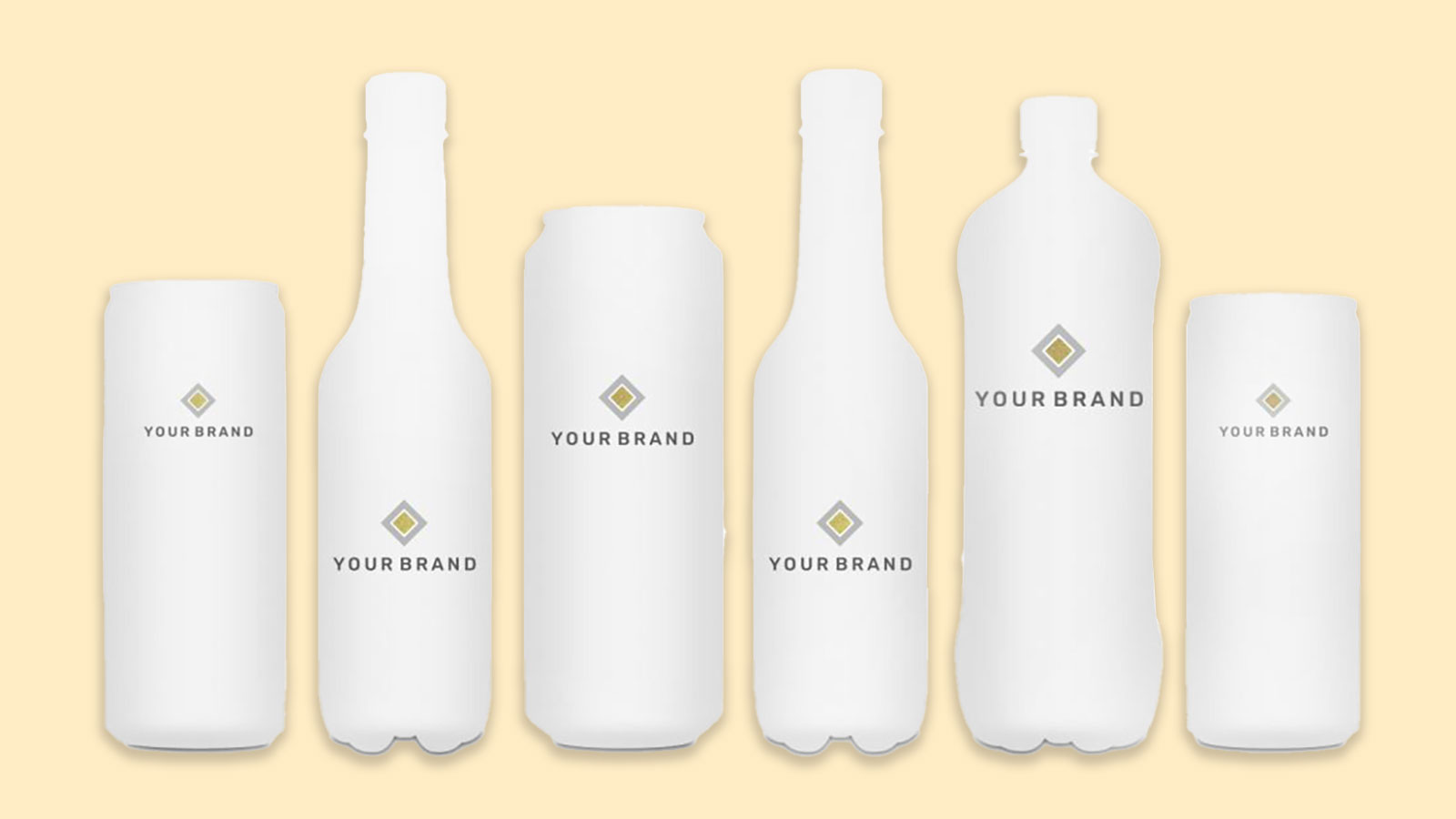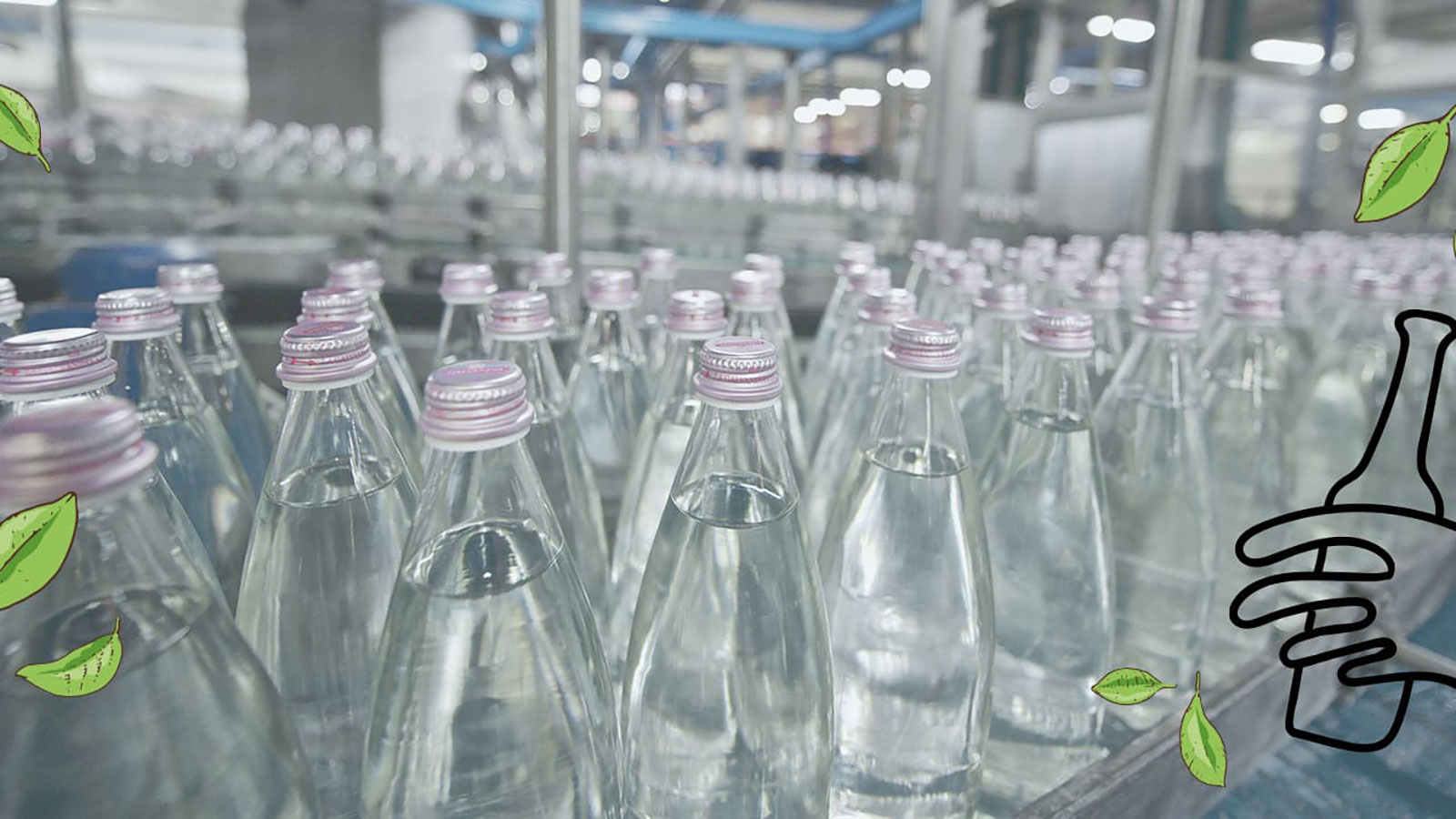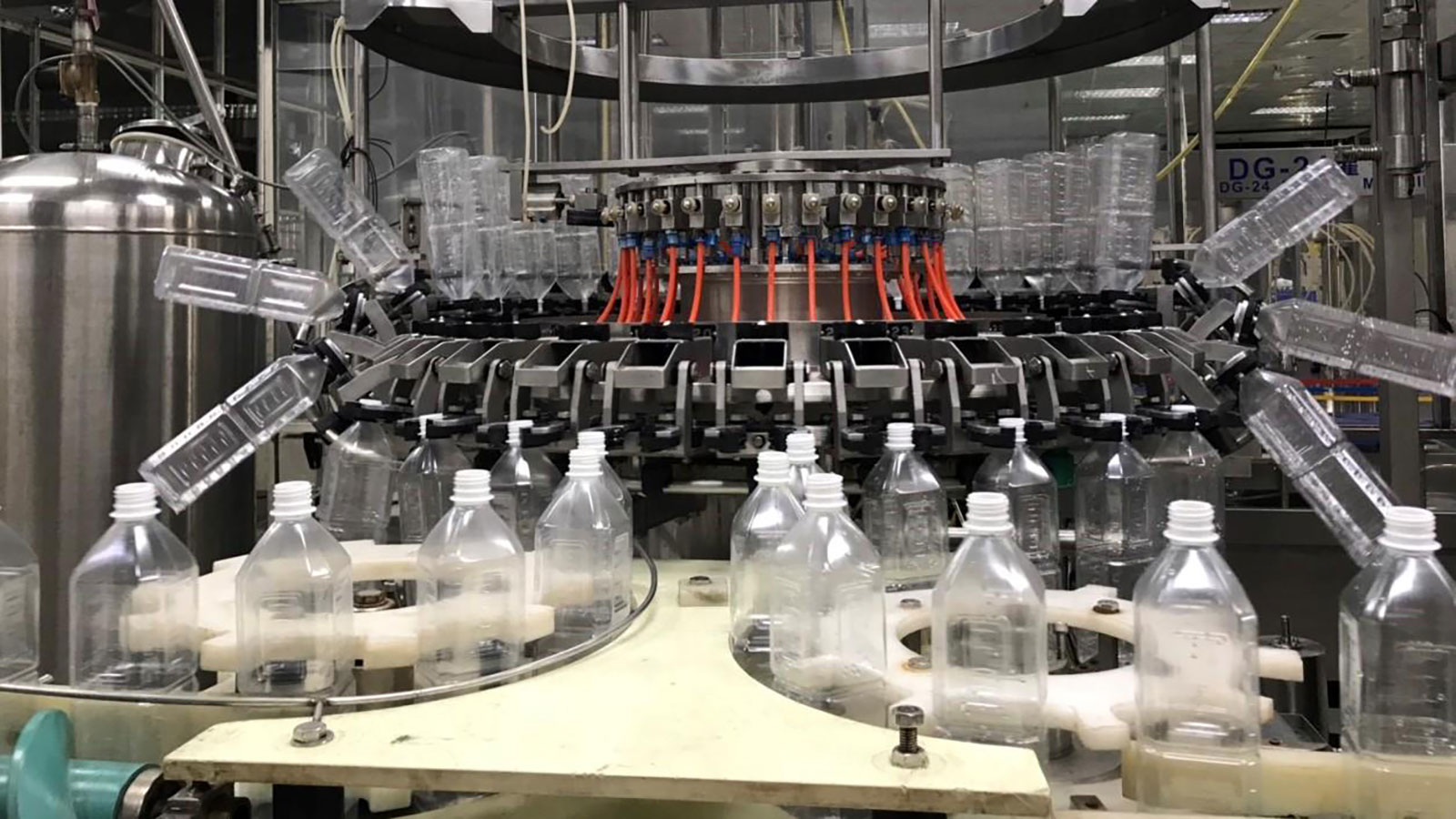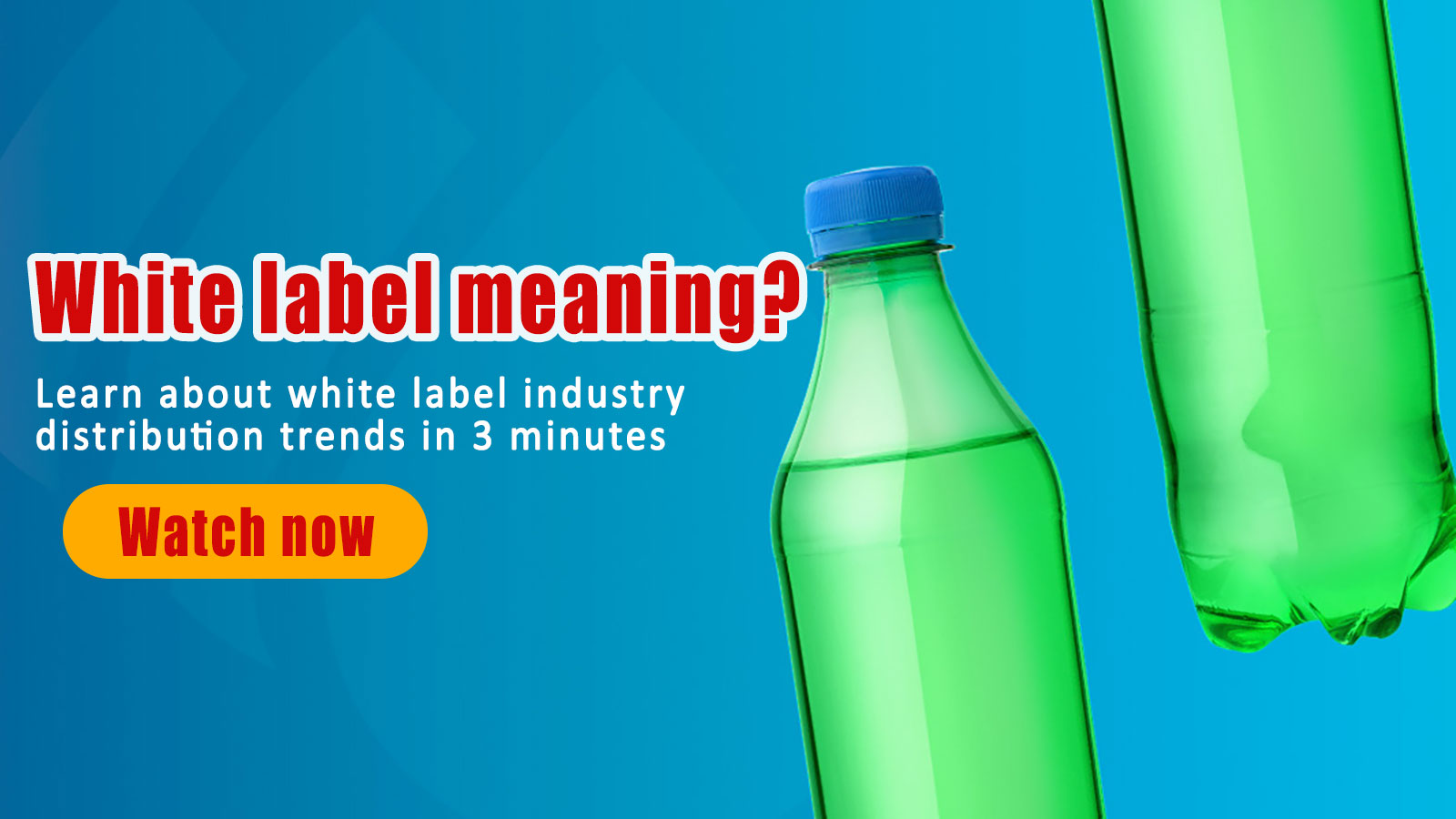A strategic approach to product development and distribution is essential in an ever-evolving beverage industry. White labeling has emerged as a game-changing concept, reshaping how businesses operate and collaborate. Understanding its complexities is crucial to anyone who wants to thrive in this competitive market.
White label meaning?
A White Label Agreement is a legally binding contract allowing one party (the producer or provider) to create, manufacture, and supply products or services to another party (the seller or reseller) who can market and sell these products or services under their brand name.
This contractual arrangement empowers businesses to leverage each other’s strengths, fostering strategic collaborations in various industries, including the ever-evolving beverage sector. These agreements provide a unique opportunity for businesses to leverage their expertise and resources, fostering mutually beneficial partnerships.

See more: Private Label Beverage vs. Wholesale Beverage: Which is Right for Your Retail Business?
Advantages and disadvantages of white label agreements
Like many other options or approaches, white labeling has advantages and disadvantages. Here are some advantages and disadvantages of this approach that you should know.
Advantages:
- White Label Agreements offer cost-efficiency, rapid market entry, and access to specialized expertise.
- Collaboration enables businesses to expand product or service offerings without extensive in-house development.
- Access to partner experience and resources enhances product quality and brand recognition.
Disadvantages:
- Potential drawbacks include limited control over branding and quality.
- Conflicts of interest may arise.
- There’s a risk of overreliance on the partner’s capabilities.
It can be seen that the advantages and disadvantages of each option cannot be ignored when planning a business campaign today. Depending on business and management capabilities, each unit will have the best choices.

Is white labeling legal?
The legality of white labeling may be subject to specific regulations and contractual agreements, so businesses must comply with any legally relevant laws governing their collaboration activities. You should consult legal professionals for guidance if you have concerns about the legality in a particular context or jurisdiction.
Several legal aspects and challenges must be considered and managed:
- Intellectual Property Rights
- Quality Standards
- Regulatory Compliance
- Contractual Disputes
- Confidentiality and Non-Disclosure
- Termination and Exit Strategies
- Compliance with Consumer Protection Laws
- Compliance with Advertising and Marketing Laws
Addressing these legal issues and incorporating them into a well-structured White Label Agreement is vital to protect the interests of all parties involved, ensure compliance with laws and regulations, and minimize the risk of legal complications.

See more: Private Label Beverage for your business, Pros and Cons?
White labels are a great approach for the beverage industry
The white labeling approach in the beverage industry is gaining momentum, and the trends you highlighted play a significant role in shaping its future. Here’s a deeper look at each trend:
Personalization
Consumers today crave unique experiences, and white label products can cater to this demand. Brands can offer:
- Custom labels: Allowing customers to add their names or messages.
- Tailored recipes: Personalized flavor profiles based on customer preferences can enhance brand loyalty.
Sustainability
As sustainability becomes a priority for many consumers, brands that embrace eco-friendly practices will stand out. Key areas include:
- Eco-friendly packaging: Utilizing biodegradable or recyclable materials.
- Sustainable sourcing: ensuring ingredients are sourced responsibly to appeal to environmentally conscious buyers.
Global expansion
White labeling opens doors for brands looking to enter new markets without significant investment in local facilities. This trend includes:
- Leveraging local partnerships: collaborating with local manufacturers to adapt products to regional tastes and preferences.
- Faster market entry: streamlining the process and resources needed to establish a new production line.
The future of white labeling in the beverage industry looks bright, driven by personalization, sustainability, and global expansion. Brands that recognize and adapt to these trends will likely succeed in a competitive landscape.

Some other industries that commonly use white labeling
White labeling is a versatile strategy employed across various industries. Here are some of the most common sectors that utilize white labeling:
Cosmetics and personal care
In the cosmetics and personal care industry, many beauty brands source their products from manufacturers and sell them under their labels.
This includes a wide range of skincare products, such as creams, serums, and lotions, which are often developed by third-party manufacturers but marketed under the brand’s name.
Hair care products, including shampoos and conditioners, are also frequently white-labeled, allowing brands to offer a diverse array of options without the need for extensive production facilities.
Technology
In the technology sector, companies often provide software solutions that other businesses can rebrand as their own. This allows various organizations to offer customized software products without developing them from scratch.
Additionally, in consumer electronics, different manufacturers can produce devices such as headphones or smart gadgets that various companies then brand under their names. This flexibility enables brands to expand their product lines efficiently while maintaining a unique identity in the market.
Clothing and fashion
In the clothing and fashion industry, retailers frequently sell apparel produced by manufacturers branded under their names. This allows them to offer various clothing options without needing in-house production.
Additionally, accessories such as bags, jewelry, and shoes are commonly white-labeled, enabling retailers to curate collections that align with their brand identity while leveraging the expertise of established manufacturers.
Home goods
In the home goods sector, many stores offer cleaning products that other companies produce. This practice allows retailers to provide a range of household cleaners under their brand, often emphasizing quality and value. Similarly, furniture is usually designed and manufactured by third parties, allowing retailers to offer diverse styles and options without the complexities of production.
White labeling allows companies to expand their product offerings quickly and efficiently, leveraging existing manufacturing capabilities while focusing on branding and marketing. This strategy is effective in various sectors, reflecting its widespread appeal and adaptability.

The applications of white labeling across industries are vast and varied. This approach gives brands the flexibility and agility to thrive in a competitive landscape. By understanding and implementing white-label strategies, companies can expand their product portfolios, enhance brand equity, and meet the ever-changing needs of consumers.

